The Music Canada President’s Award is presented to an individual working outside the music community who displays a deep passion for music and the people who make it.
The recent past has been filled with many firsts and milestones for music in London, Ontario. The city hosted an incredibly successful Country Music Week and the CCMA Awards in September 2016; completed its first ever music census; has taken steps to modernize noise bylaws for music and dancing on outdoor patios; and on November 17, will host its first Music Career Day. Credit for these outstanding accomplishments is due not only to one individual, but two passionate community leaders.
At Playback 2017, Music Canada’s annual industry dialogue and celebration, London’s Music Industry Development Officer, Cory Crossman, and Chris Campbell, Director of Culture and Entertainment Tourism at Tourism London, were both presented with the 2017 President’s Award for their incredible commitment to making London a Music City.
The first ever President’s Award was presented to Mark Garner, Executive Director of Downtown Yonge BIA in 2015.
Watch below as Chris Campbell and Cory Crossman accept their awards, presented by Music Canada’s President and CEO, Graham Henderson.
News of the award presentation received cheers and praise on social media.
#LdnOnt is lucky to have the man behind @LDNMusicOffice Cory Crossman & @tourism_london's @campbellchrisj. Congrats & thanks for your work! https://t.co/R1BMEh4J1v
— Matt Brown (@MayorMattBrown) October 18, 2017
Congrats @LDNMusicOffice @tourism_london let’s continue the journey towards becoming a #MusicCity! https://t.co/oLyNLUIDit
— Kathy McLaughlin (@KathyMldnont) October 18, 2017
Way to go @LDNMusicOffice and @tourism_london !!!! Congrats! #musiccitylondon #londonlive #musicphotogdreamcity https://t.co/qp6L5aXZqH
— Bill Woodcock (@BillWoodcock) October 18, 2017
Congrats to our very own @campbellchrisj of @tourism_london and Cory Crossman of @LDNMusicOffice. #LdnOnt #LdnEnt https://t.co/boGw39XG30
— London Music Hall (@londonmusichall) October 18, 2017
Congrats!!! #LdnOnt #LdnEnt #MusicCity https://t.co/5aInGaEEWD
— Budweiser Gardens (@BudGardens) October 18, 2017
Big Kudos to @LDNMusicOffice! We're making big gains in creating #MusicCity #ldnont https://t.co/SPgtzMlJ1d
— Adam Thompson (@Urban_Adam) October 18, 2017
Congrats @LDNMusicOffice and Chris Campbell! #ldnont https://t.co/pUr2kda3V3
— Jesse Helmer (@jesse_helmer) October 18, 2017
https://twitter.com/_woodbethany/status/920702993896321024
Congratulations and thank you for all your efforts!!! https://t.co/M7Y6X8aQZt
— MMX (@marymaryx) October 19, 2017
Congratulations Cory and Chris! Well deserved & London is lucky to have you https://t.co/VhOcJ8mZr8
— Ryner Stoetzer (@RynerStoetzer) October 19, 2017
#LdnOnt is building a music city thx to Cory & @campbellchrisj. Thrilled their effort has been recognized by @Music_Canada. @LDNMusicOffice
— sagecomm (@sagecommhq) October 19, 2017
Congrats to Cory @LDNMusicOffice and Chris @tourism_london Well deserved. https://t.co/zArfTYAkB5
— JRLMA (@JRLMALondon) October 19, 2017
Below is a selection of photos from the award presentation.

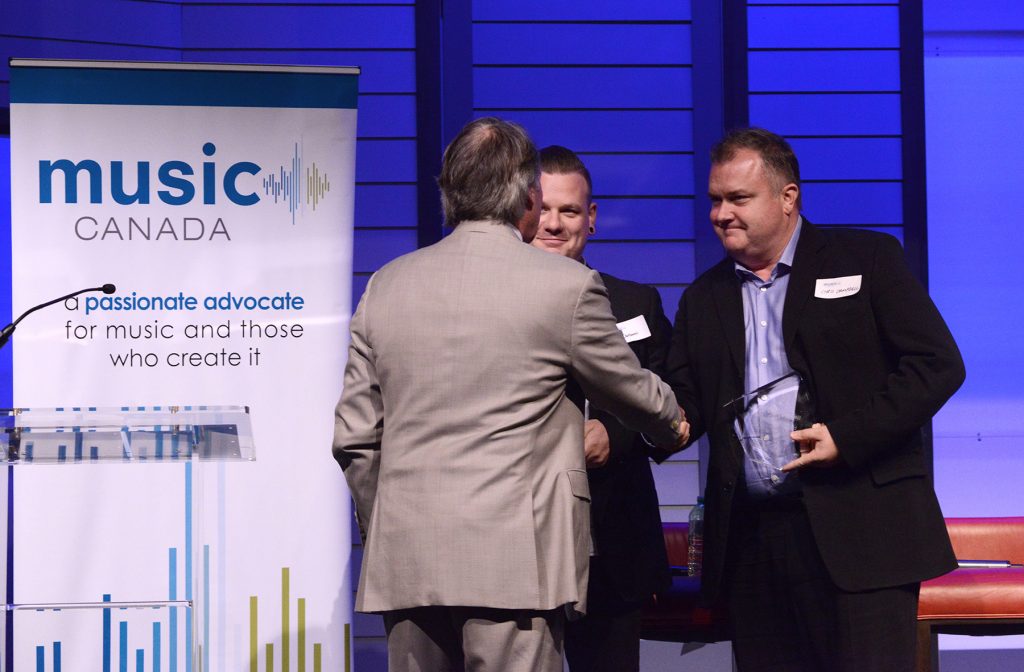


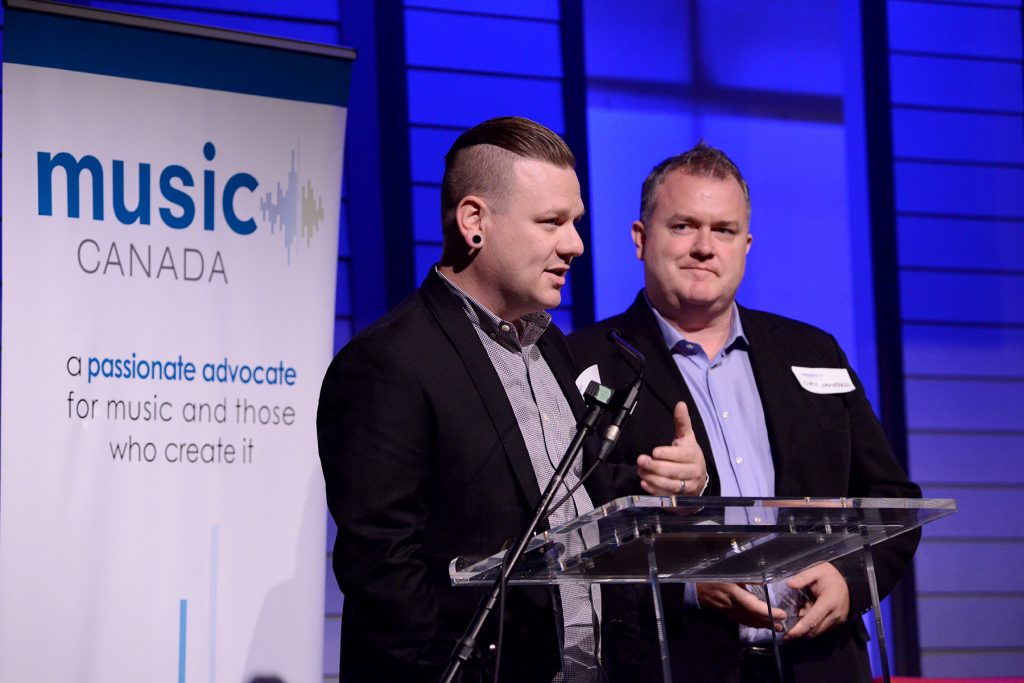








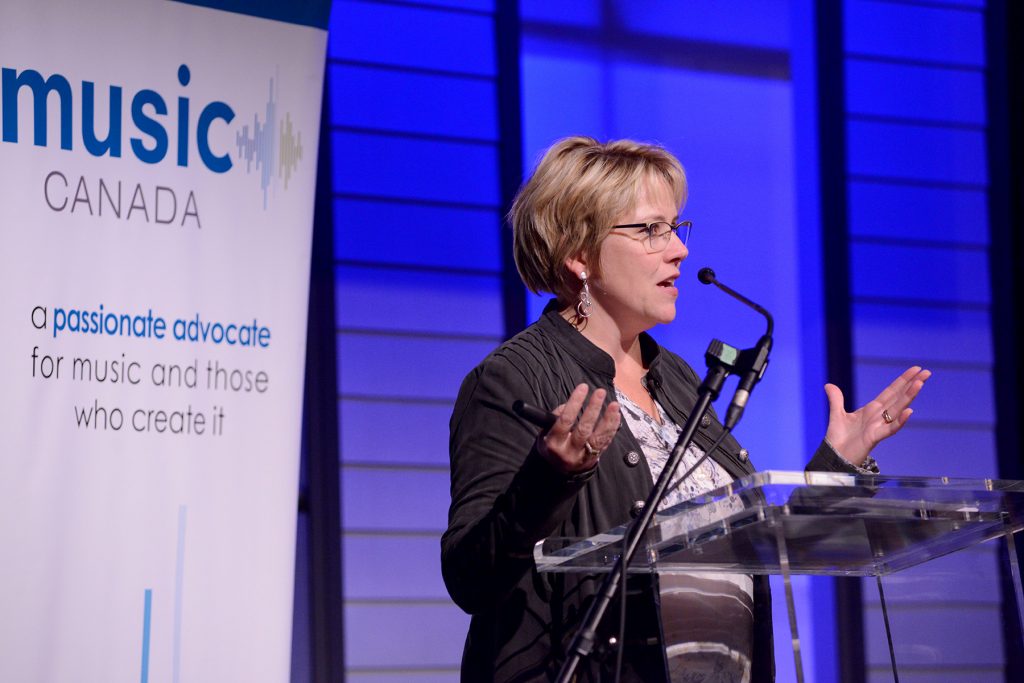
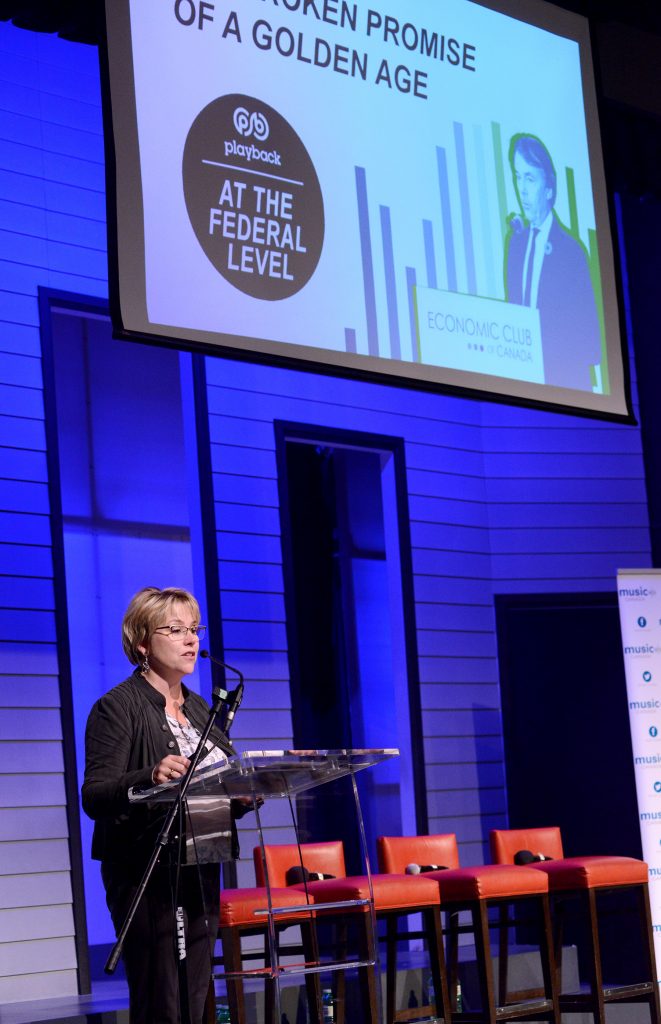
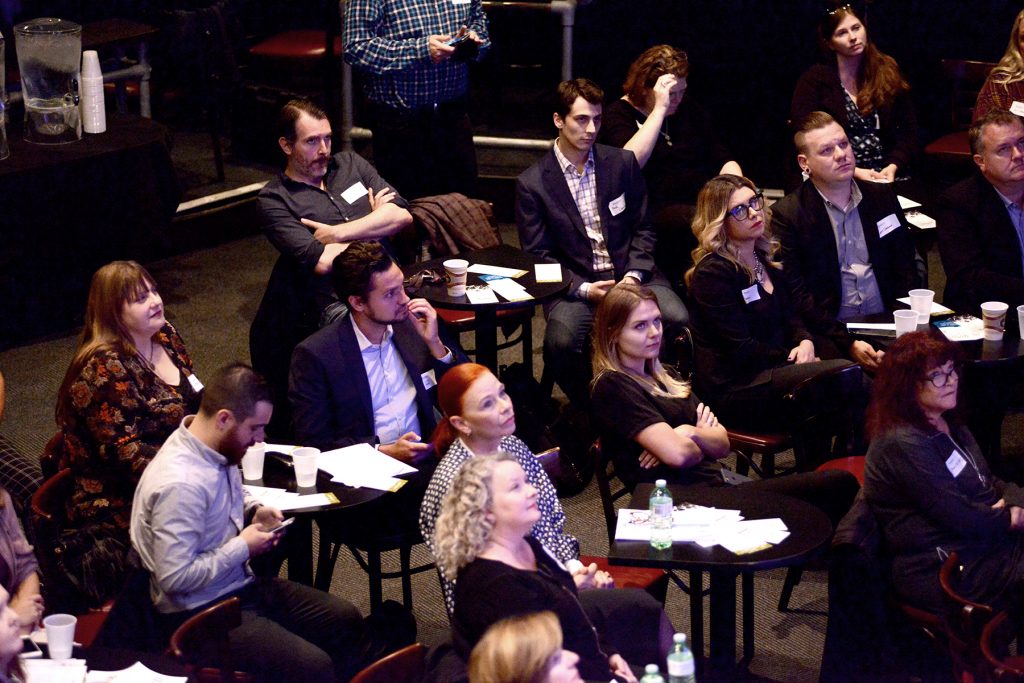
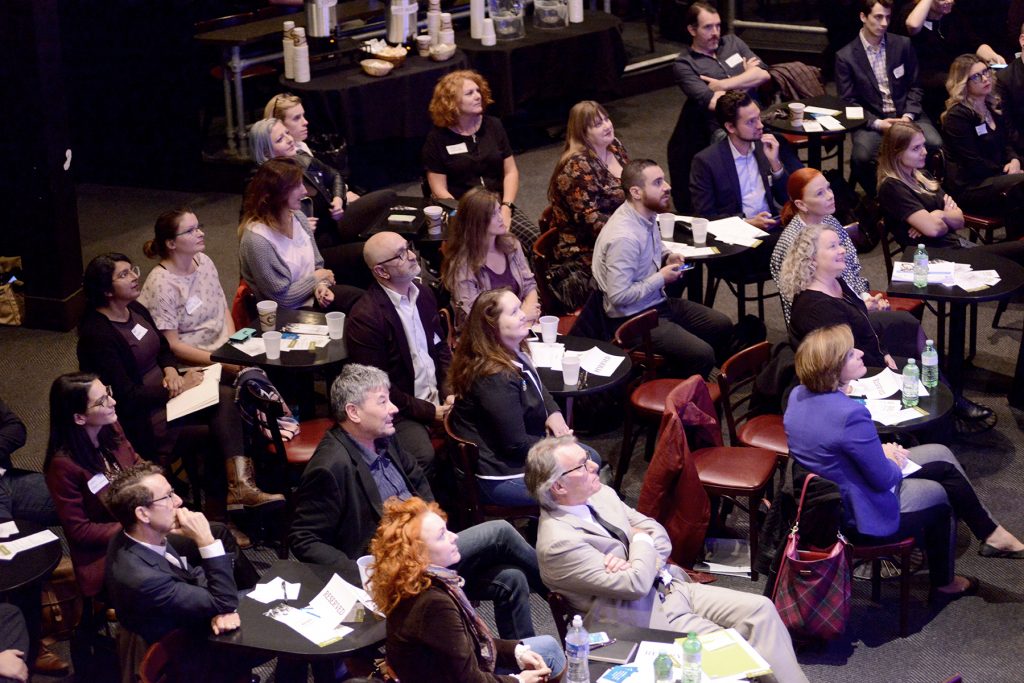


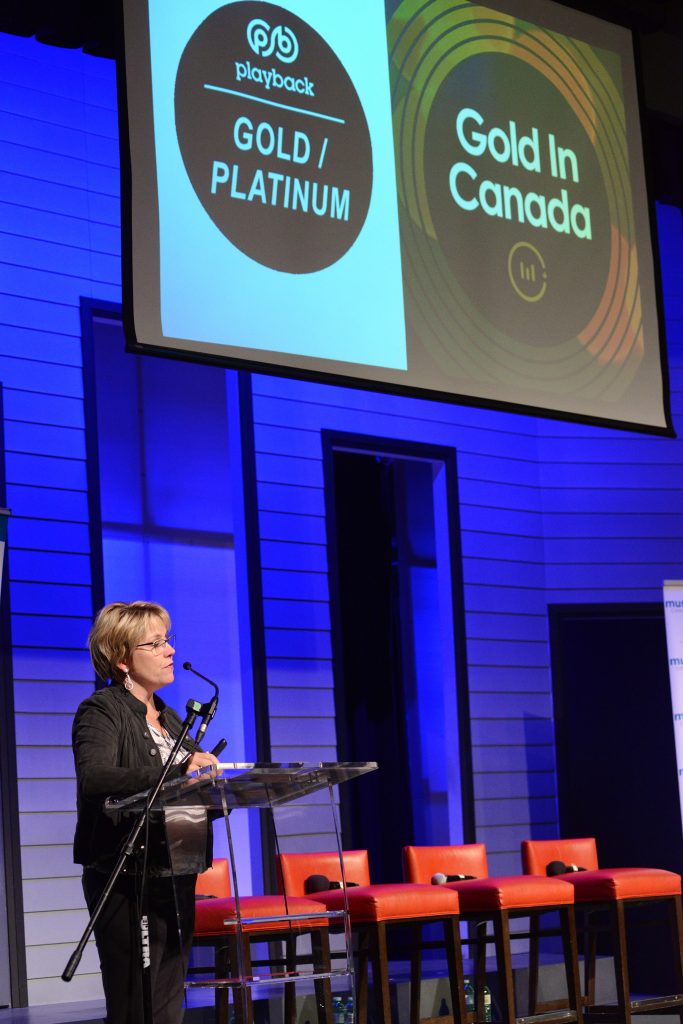
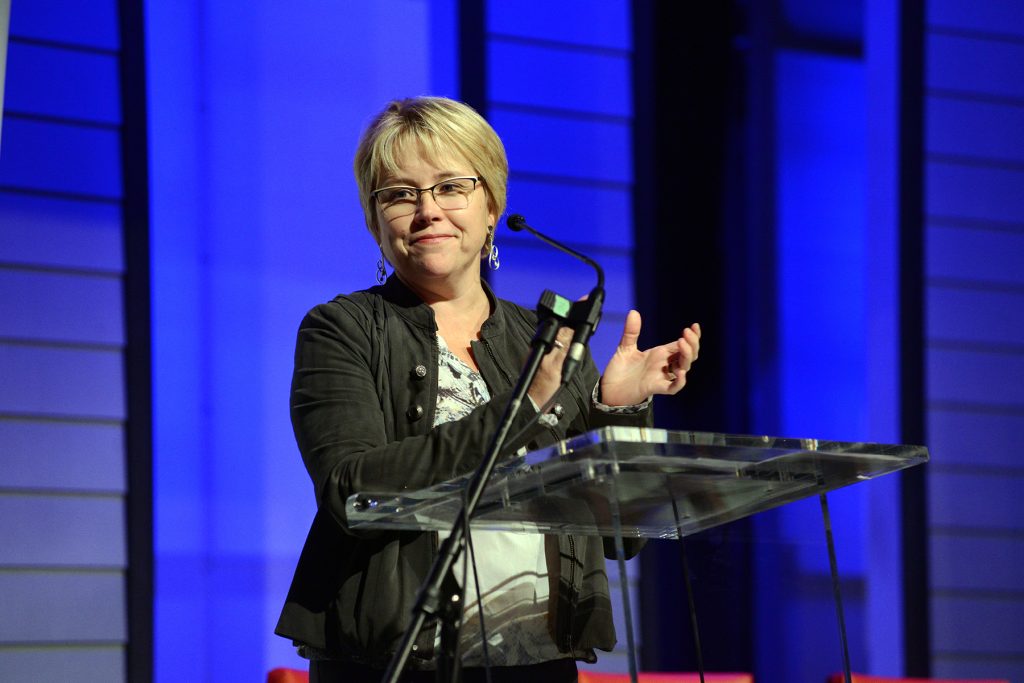


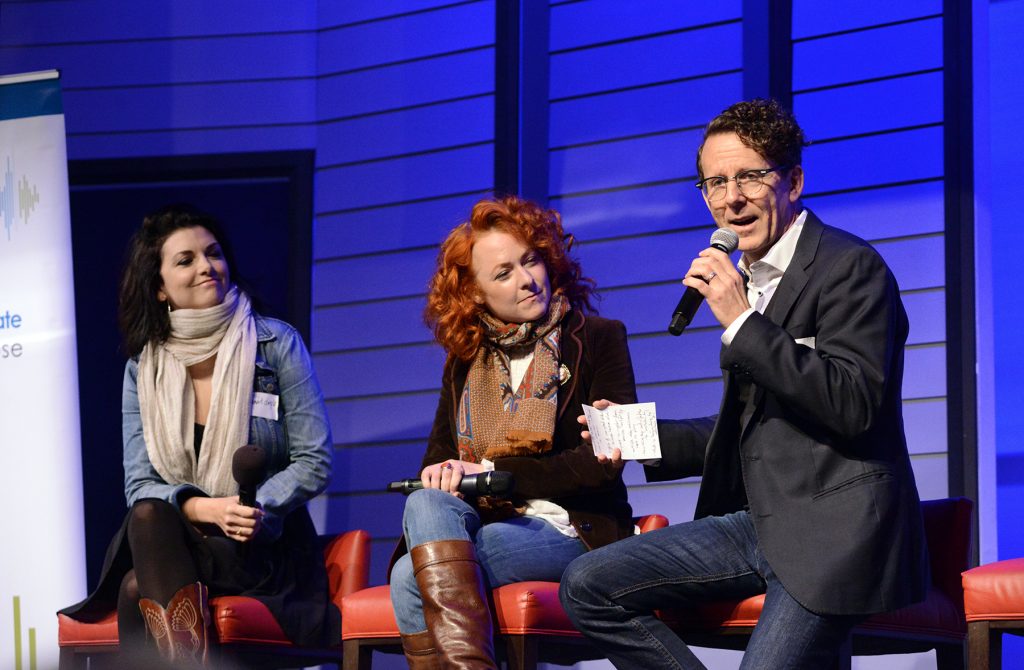




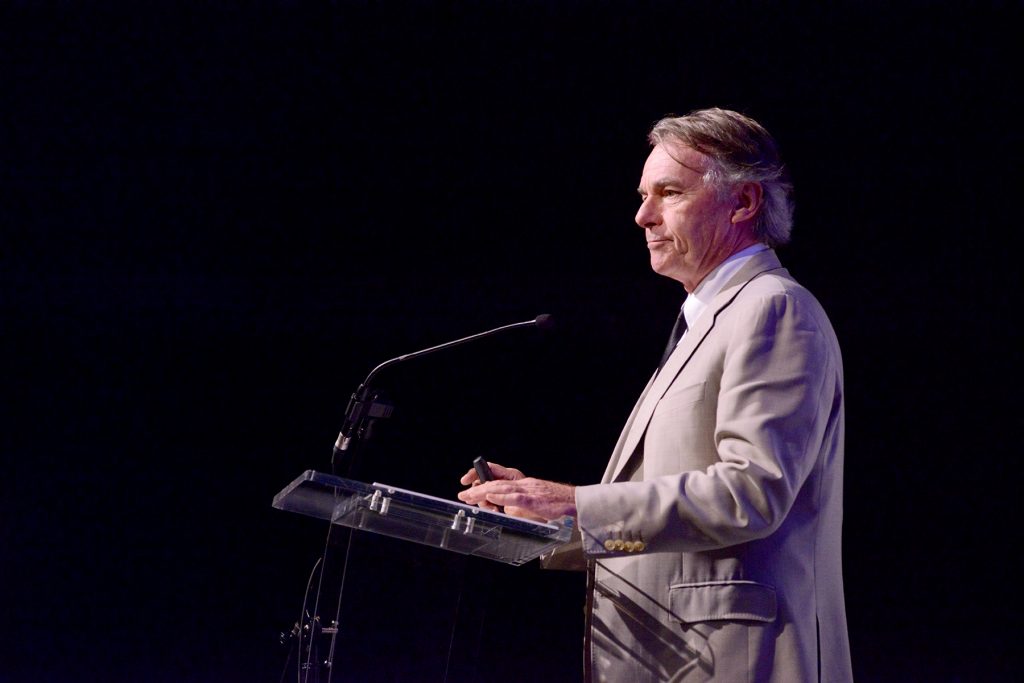
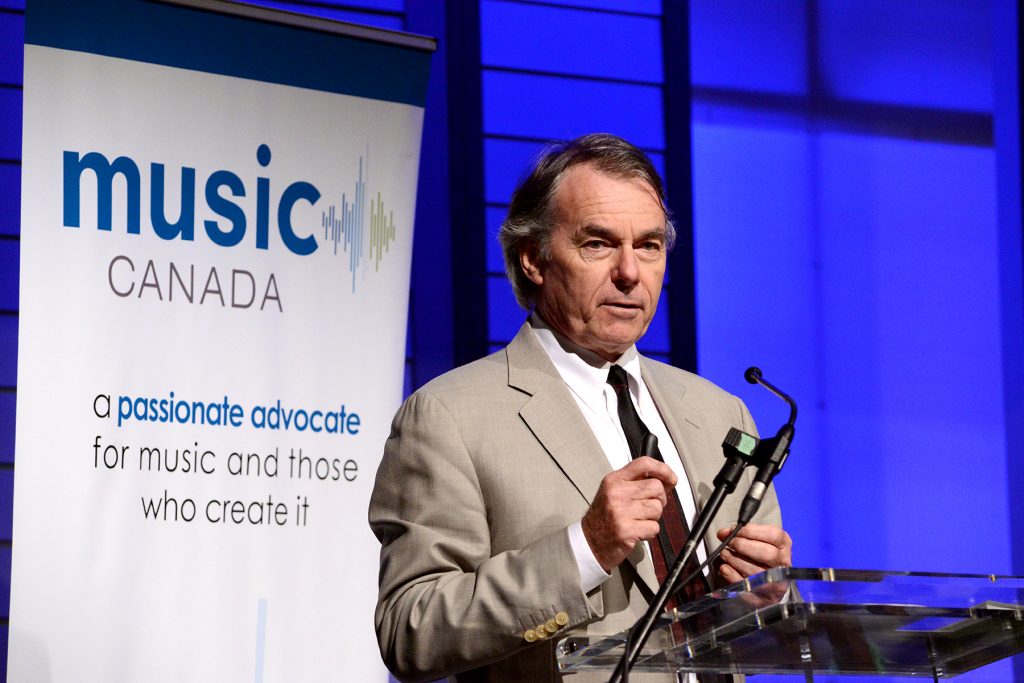
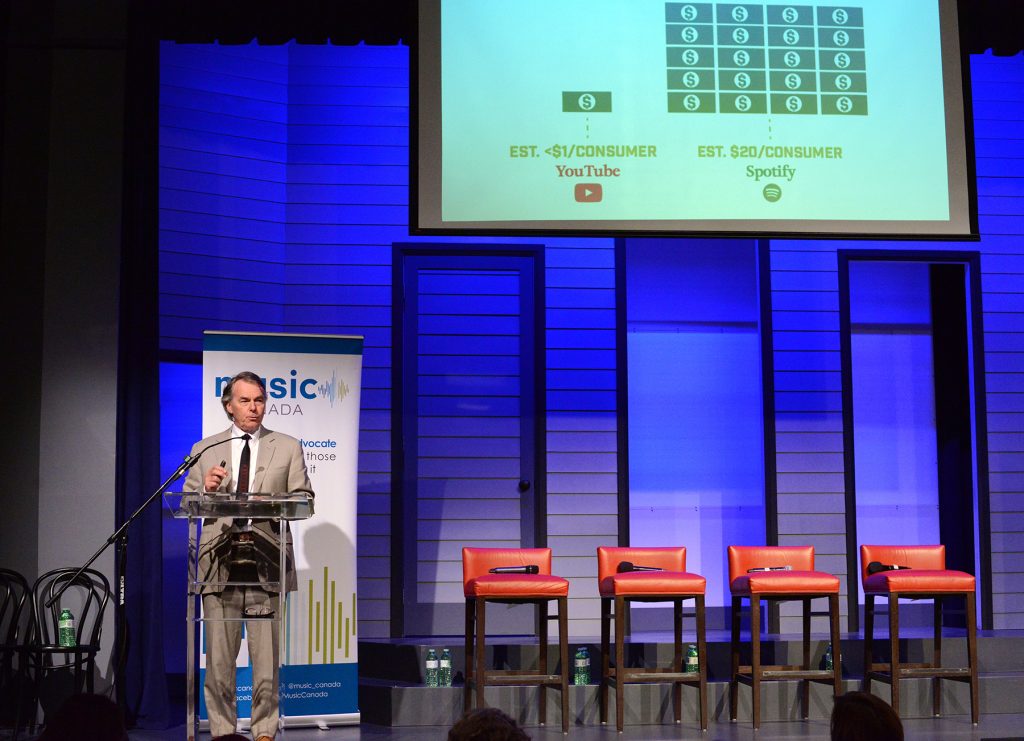
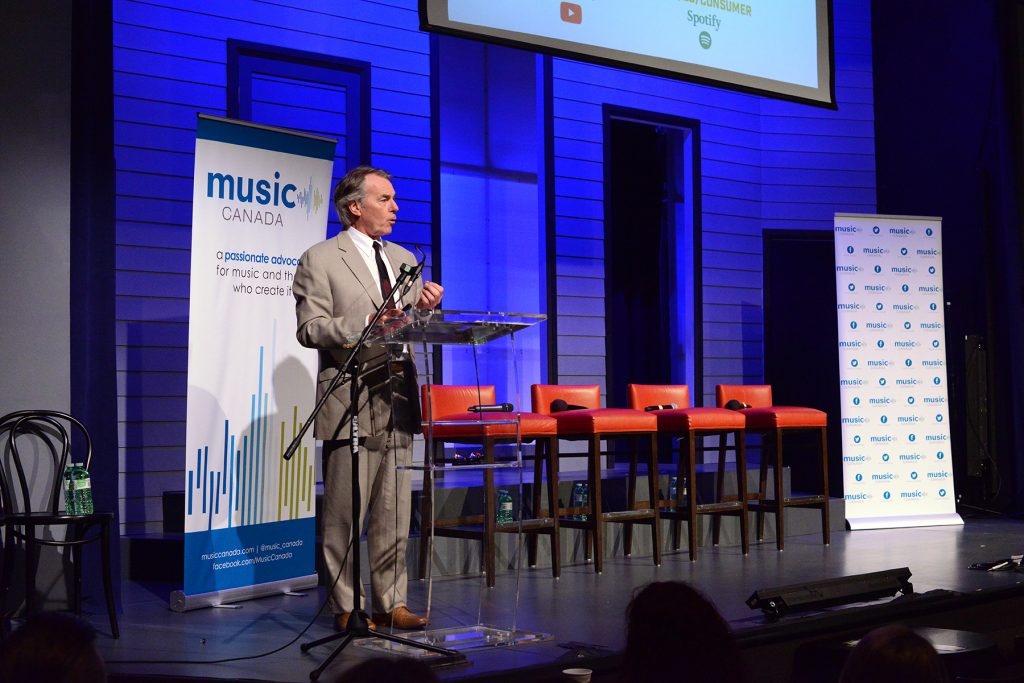
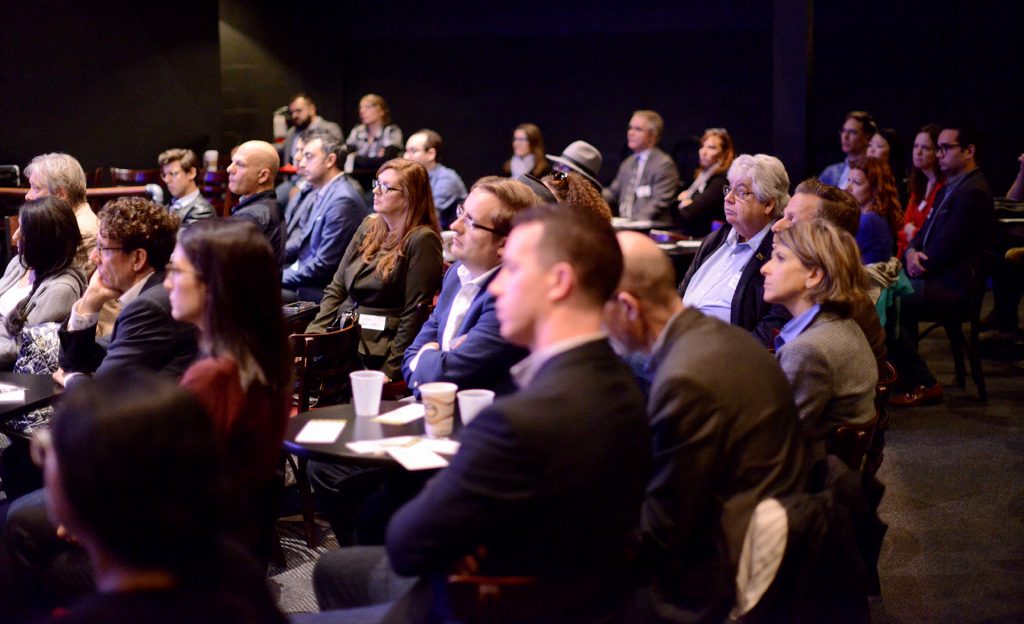
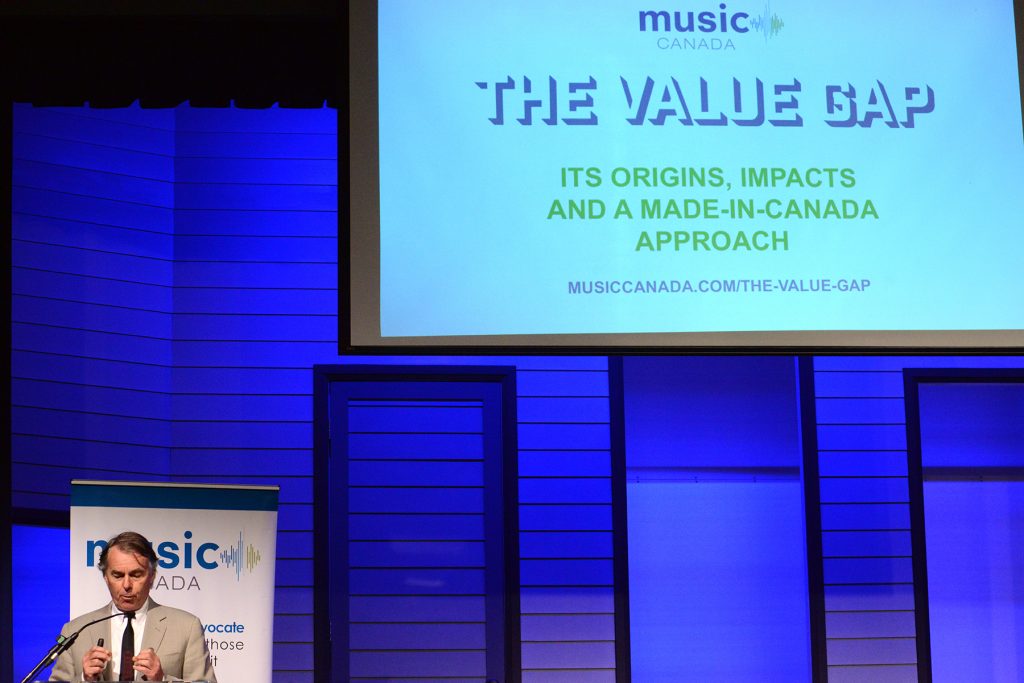
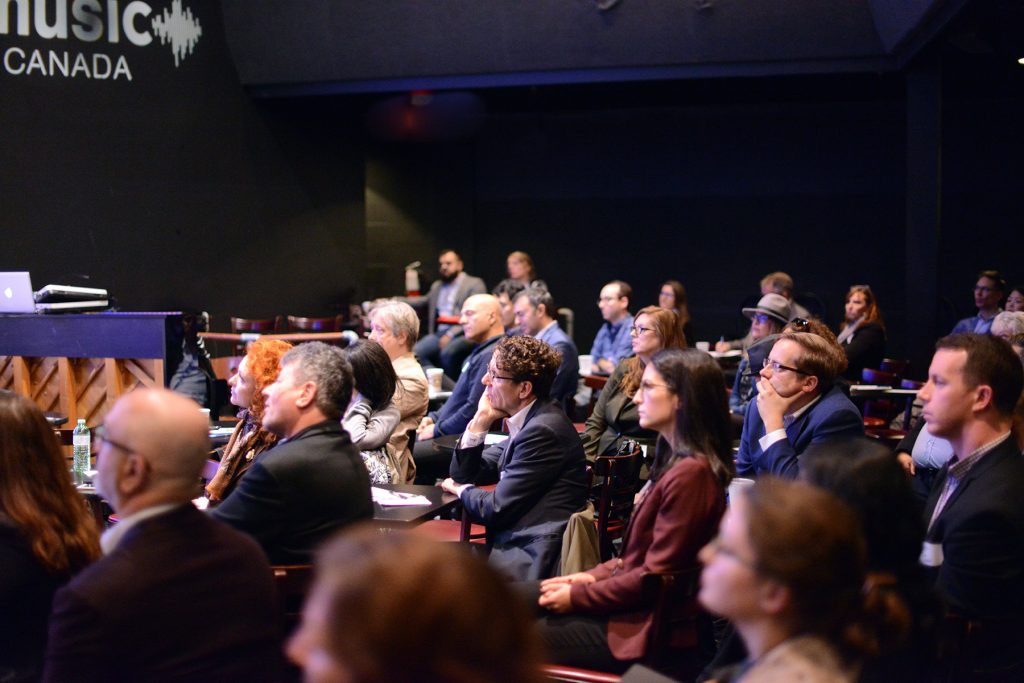





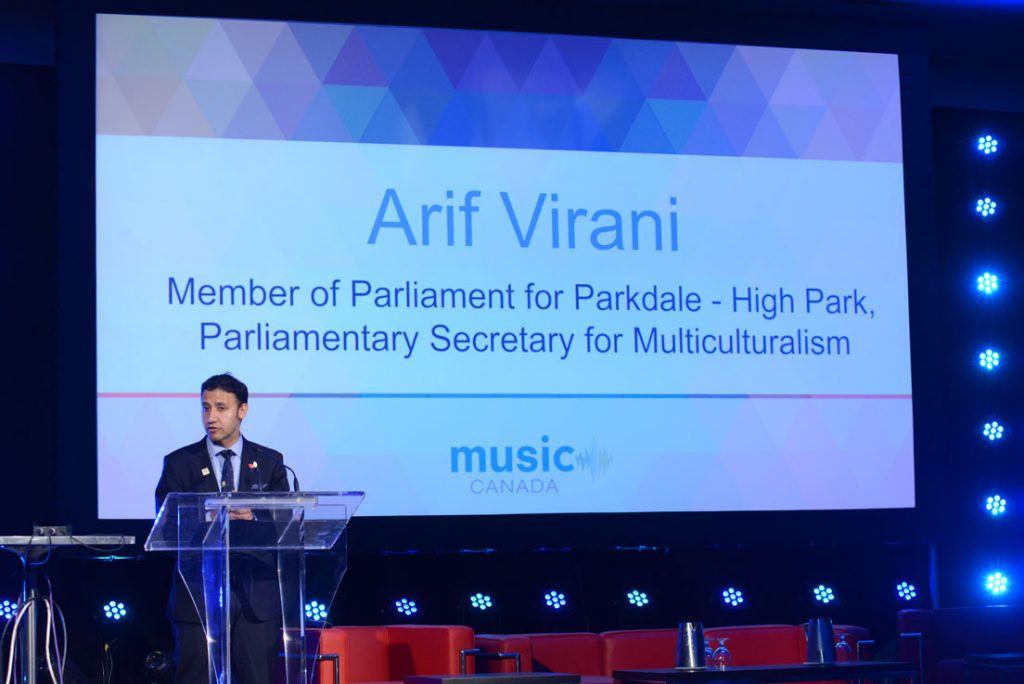










Music Canada